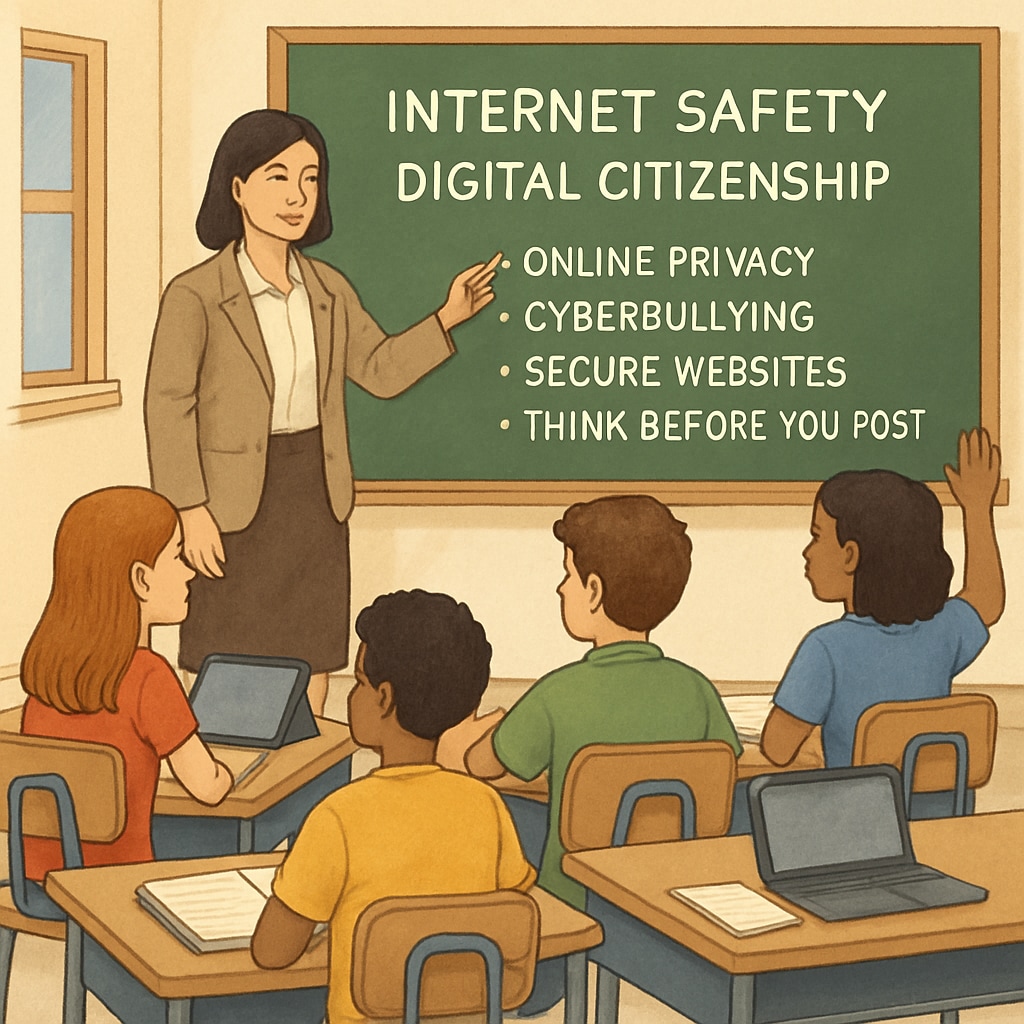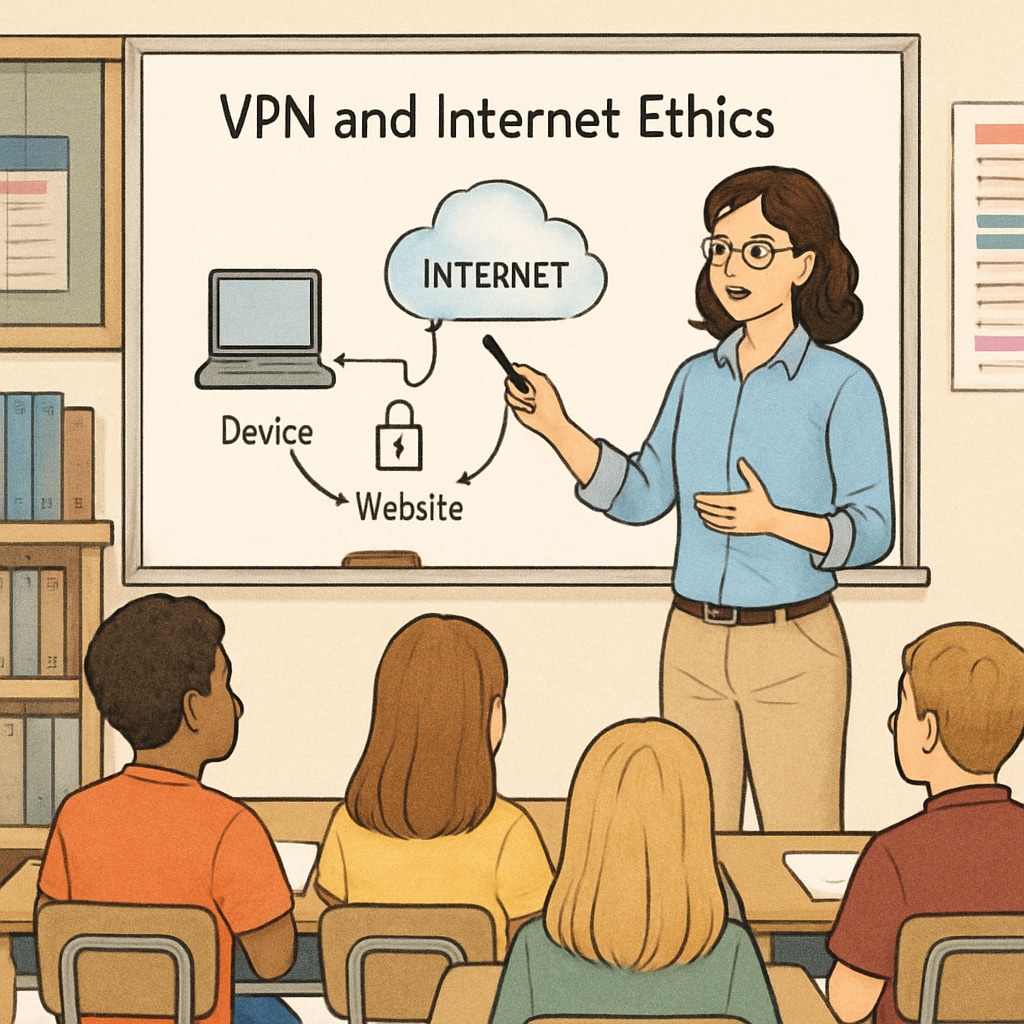The introduction of the UK’s age verification law has led to a significant increase in VPN (Virtual Private Network) usage, particularly among younger internet users. This trend underscores the urgent need for K12 schools to address digital literacy and safety education. By equipping students with the tools to navigate the web responsibly, schools can foster ethical and safe online behavior.

Understanding the Impact of Age Verification Laws and VPNs
Age verification laws, like the one recently implemented in the UK, aim to restrict access to adult content by requiring users to prove their age. While the intention is to protect minors, the unintended consequence has been a surge in VPN usage. VPNs allow users to bypass restrictions and access blocked websites, raising concerns about how young people are using these tools.
For example, a study by BBC Technology highlighted that VPN downloads increased significantly after the law’s implementation. While VPNs can serve legitimate purposes, such as protecting privacy, their misuse can expose students to harmful content or unsafe digital practices.
How K12 Schools Can Promote Responsible Digital Citizenship
In response to these challenges, K12 schools play a crucial role in teaching students the importance of responsible internet use. By integrating digital citizenship into their curricula, schools can help students understand the ethical and legal implications of their online behavior.
Key strategies include:
- Age-appropriate education: Tailor lessons to different age groups, focusing on topics like online privacy, security, and the risks of bypassing restrictions.
- Interactive learning: Use engaging tools and resources, such as gamified apps or role-playing scenarios, to teach students about safe internet practices.
- Parent collaboration: Work with parents to reinforce digital literacy at home and ensure consistent messaging about internet safety.
- Policy awareness: Inform students about the consequences of violating age verification laws and the importance of respecting them.

Building a Culture of Ethical Internet Use
In addition to practical lessons, schools should emphasize the moral responsibilities of being a digital citizen. Encouraging discussions about the ethical use of technology can help students think critically about their choices online. For instance, students can explore questions like:
- Why are age restrictions in place, and how do they protect users?
- What are the consequences of misusing tools like VPNs?
- How can I contribute to a safer and more respectful online community?
Furthermore, schools can collaborate with organizations and experts to provide workshops or seminars about online ethics. Resources like Common Sense Education offer valuable insights for educators looking to enhance their digital citizenship programs.
Conclusion: Preparing Students for the Future
The UK’s age verification law and the rise in VPN usage highlight the complexities of internet safety in today’s digital age. It is imperative for K12 schools to take proactive steps to educate students about responsible online behavior. Through comprehensive digital citizenship programs, schools can empower students to make ethical, safe, and informed decisions in their online interactions.
By fostering a culture of responsibility and awareness, educators can help students not only navigate the challenges posed by laws like age verification but also thrive as responsible digital citizens in an increasingly connected world.
Readability guidance: This article uses concise paragraphs, active voice, and engaging examples to maintain readability. Interactive elements like lists and external links enhance understanding while minimizing jargon.


